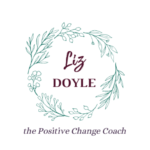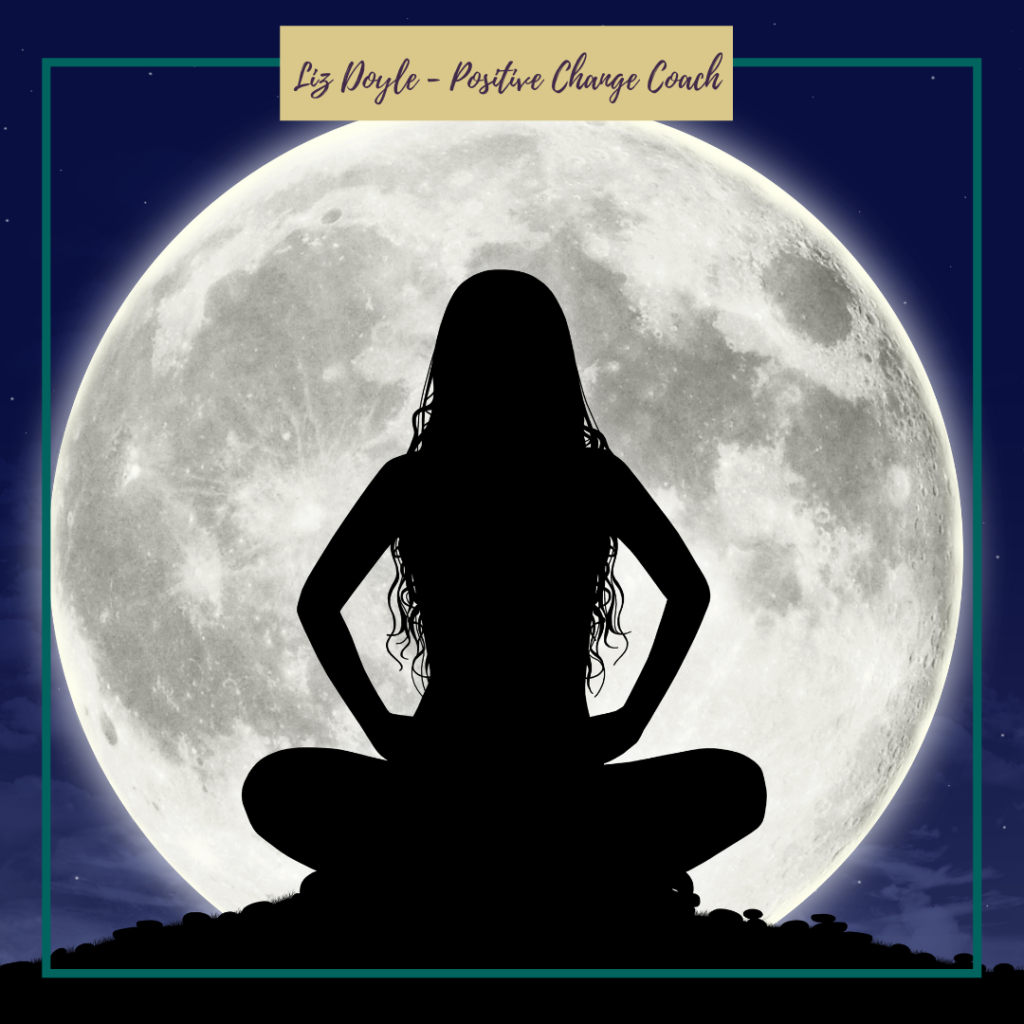I’ve been wondering about this more and more as I have noticed such a difference in my mood in the few days leading up to a full moon for the last few months. I’ve had my suspicions for much longer but I feel there is too much of a correlation now. Does the Full Moon affect your mood or sleep?
I know I’m not new to the party – the link between the moon and madness has been well documented throughout history. We’ve also heard about ‘lunacy’ coming from the Latin lunaticus, meaning ‘moonstruck’.
According to some scientists, the lunar effect is the theory that various stages of the moon’s cycle cause behavioural changes in humans and animals. A study back in 2013 even found that we sleep on average 20 minutes less during a full moon than at any other time of the month, and take longer to drift off to sleep, too. – this has definitely been the case for me.
During a full moon, ocean tides are higher than usual from an increase in the gravitational pull from the moon and sun. Considering that the body is 80% water, it comes as no surprise that scientists think that similar effects happen in the body creating almost a “human tidal pull” that can affect brain function.
The Full Moon’s Effects on Your Health
As I said, I am sure that the full moon impacts people, animals, and the things around us. How does the Full Moon affect your mood or sleep or am I talking nonsense?!
I am having a fluctuation in mood that only lasts for a few days for some reason and is unexplainable – and it seems only at this time of the lunar cycle.
Sleep disturbances – I have trouble falling asleep and wake up during the night and then I’m tossing and turning – but it only lasts for a few days or a week at a time.
7 Ways The Full Moon Might Affect Your Health
Here are some interesting things researchers have found with regard to the lunar cycle:
1. Heart
I’m not talking romance here – A study published in the Indian Journal of Basic and Applied Medical Research found that when exercising, your heart is at its peak performance during a full and new moon.
2. Brain
Much like the moon is responsible for the ebb and flow of tides, because our brains are a significant source of water, Dutch researchers believe the moon’s gravitational pull could similarly have influence on your brain, causing erratic behaviour (I knew this already!)
We might also hear complaints of headaches and migraines around the time of the full moon. While there is no scientific correlation between migraines and the full moon, full moons can disrupt sleep which, in turn, disrupts hormone levels, thus triggering headaches.
3. Kidneys
A 2011 study published in the Journal of Urology found that kidney stone pain increased significantly at the time of the full moon. In another study, researchers found that generally, more patients were admitted to hospitals with urological emergencies during this time, too. Conversely, the new Moon caused a “calming effect” for people with these conditions.
One theory behind these conclusions is that the kidneys, like other organs and the human body itself, are made up of at least 60% water, and just as lunar activity can affect our oceans, creating powerful and predictable tides, the moon might affect the workings of these organs, causing a noticeable ebb and flow in times of calm and pain. Not all researchers agree, but there is enough evidence that studies continue.
4. Sleep
A study published in Current Biology reviewed the sleep patterns of participants over three days in which they were allowed to fall asleep at will in a controlled area that had neither clocks nor outside light. When the data was compared to the phases of the moon, researchers discovered that participants not only had lower melatonin levels during bright moon phases, but they also took 5 minutes longer to fall asleep, slept 20 minutes less in general, and had 30 percent less REM sleep. And we all know that not getting enough sleep, affects your health.
5. Menstrual Cycle
A woman’s average menstrual cycle is 28 days, which is quite similar to the 29+ day lunar cycle. This timing may be more than coincidence according to Chinese researchers who discovered that almost 30% of all the women monitored ovulated at the full moon and menstruated during the new moon. In some cultures, this has a name – White Moon Cycle, which essentially mirrors the fertility of the Earth which is said to be most fertile under full moonlight.
6. Birthrate
Japanese researchers discovered something interesting: there is a significant increase in the number of births when the gravitation of the moon to the Earth is most powerful. While researchers admit they are still unclear on exactly how or why this relationship exists, they say it might help healthcare professionals and pregnant women better prepare.
Additionally, one Italian study examined more than 1,200 births over three years and found a higher number of babies born in the two days after a full moon.
7. Injuries
As the full moon can affect our moods and behaviour in certain ways, it’s not really surprising that we are more prone to accidents or illness during this time, according to some research.
A study published in World Journal of Surgery found that over 40% of medical personnel believe in “Full Moon Madness” among patients. It was also revealed that emergency calls for all sorts of conditions actually increases by 3% whenever there’s a full moon, and then drops by 6% during a new moon.
In 2008, British researchers found a link between the lunar cycle and what doctors call “medically unexplained stroke symptoms,” where patients develop complaints such as headaches, numbness and coordination issues but have nothing physically wrong with them.
I find all of this fascinating but what do you think?
Do you experience any changes in your health during the full moon? Does the full moon affect your mood or sleep?

